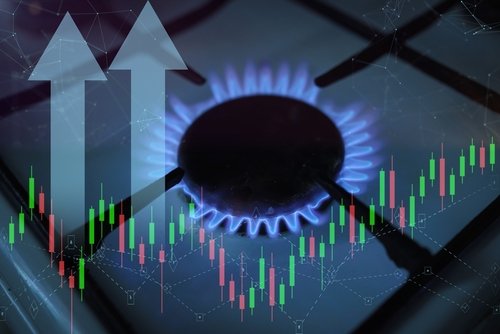Belgium, (Brussels Morning Newspaper) EU member states do not agree on measures aimed at cushioning the blow of soaring energy prices.
While Croatia and Lithuania call for a wholesale gas price cap, Finland and Slovakia disagree on subsidies and Germany is in favour of other solutions, according to Reuters reporting on Tuesday.
Germany opposes proposed caps on natural gas prices and called for a joint purchase system, consumption cuts and increasing supply.
Discussing the proposals at the meeting of EU ministers in Luxembourg, officials prepared the ground for talks between government leaders that will take place later this week.
Also on Tuesday, the European Commission announced plans to propose measures aimed at reining in energy prices, stressing that the package of measures will not include price caps.
Differing views
Croatian and Lithuanian ministers expressed support for the proposed cap on wholesale gas prices, with Croatia also supporting joint purchases.
Slovakia called for a market reform aimed at decoupling price of electricity generated in gas-fired plants from that generated in other plants. The country also called for direct EU subsidies to help citizens and companies weather the crisis.
Andrej Stančík, Slovakian State Secretary of the Ministry of Foreign and European Affairs, noted that the EU needs “very fast and effective solutions to subsidise prices for citizens and companies, including from unused cohesion funds.”
Tytti Tuppurainen, Finnish Minister of European Affairs and Ownership Steering, pointed out that Finland is in favour of a temporary price cap, but against subsidies for consumers.
“Instead of subsidising individual households, we should rather boost investment in green energy,” she stated.
Anna Lührmann, German Minister of State for Europe, called for joint natural gas purchases and more focus on renewable energy investments, noting that national and EU measures should synergise.
Her party colleague in the German Greens, Minister of Economic Affairs and Climate Action Robert Habeck, approved German Chancellor Olaf Scholz’s decision to extend the operation of Germany’s nuclear power plants.
While the party opposes the use of nuclear power as part of the green transition, it called for extending the operation of two out of Germany’s three nuclear power plants until April.
Scholz used his executive authority on Monday to order that all three plants remain operational until April.




